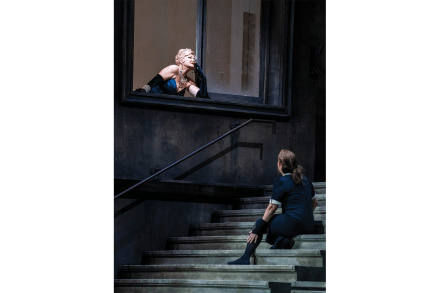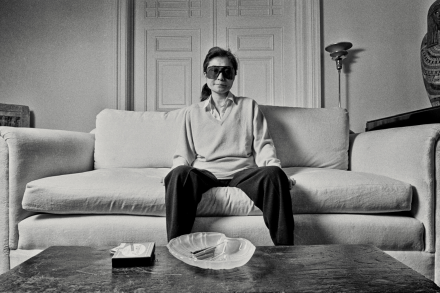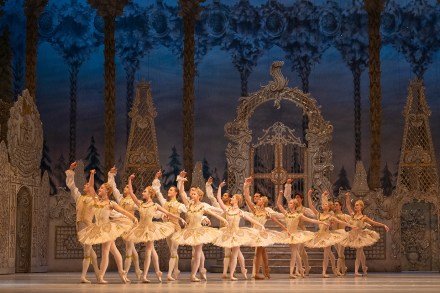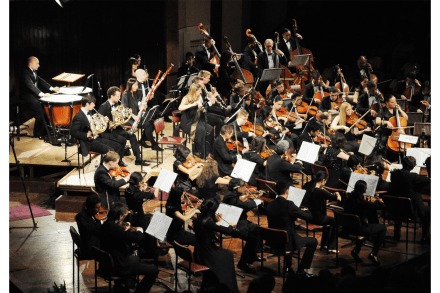The genius of Yoko Ono
The first I heard of Yoko Ono was when my sister’s boyfriend brought home a little book of hers called Grapefruit. It was 1970, four years after John Lennon took the bite out of an apple that led to the break-up of the Beatles. The apple had been on a plinth in Ono’s 1966 exhibition at London gallery Indica with a price tag of £200, for which the purchaser was promised the ‘excitement of watching the apple decay’. Lennon then offered Ono an imaginary five shillings to bang an imaginary nail into her conceptual piece, ‘Painting to Hammer a Nail’ (1961). ‘I met a guy who plays the same game




















